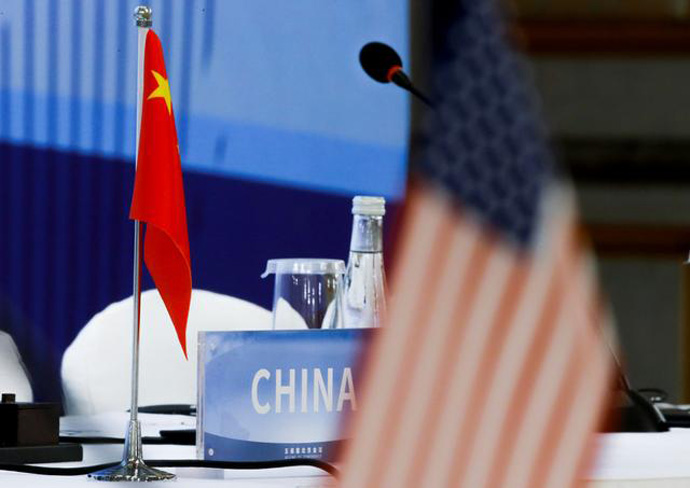Jin Chenyi, Assistant Fellow, China Institute of International Studies
Nov 18, 2024
In small but steady degrees, the United States is undercutting its stated commitment to “one China” by subtly modifying its words. The meanings it has added in diplomatic discourse do not promote confidence that it will continue to honor the agreements it has made. On the contrary, U.S. actions belie those agreements.

Li Huan, Deputy Director at CICIR's Institute of Hong Kong and Macao Studies, and Distinguished Research Fellow, Xiamen University
Dec 05, 2023
China and the U.S. both emphasize that their Taiwan policies have not changed, even though their wording has. The larger problem, however, is that the authorities in Taiwan authorities are bent on independence and rely heavily on U.S. power. This has created an Asian powder keg.

Zhu Songling, Professor, Beijing Union University
Aug 29, 2022
The visit to Taiwan by the U.S. House speaker is a straight-up violation of the one-China principle. It requires no stretch of imagination to see that security and stability will be dangerously degraded if the United States fails to reflect.

Zhao Minghao, Professor, Institute of International Studies at Fudan University, and China Forum Expert
Aug 29, 2022
The negative influences of the U.S. House speaker’s Taiwan visit are fermenting and will continue to poison China-U.S. relations. Domestic political winds in the United States are stirring up strategic confusion that will inevitably increase the risk of war.

Da Wei, Director of Center for International Strategy and Security; Professor at Tsinghua University
Aug 29, 2022
It’s not clear that China and the United States can sit down for truly in-depth discussions that ensure each side can send restrained messages to let the other party get it right. The consequence of failure could mean war, and we’re nearly out of time.
Yang Wenjing, Research Professor, Institute of American Studies, CICIR
Aug 15, 2022
Worried about Taiwan’s fate, Washington imagines that the Chinese mainland might copy Russia and resort to force. Biden administration officials have said they want to see Taiwan apply the lessons learned from Ukraine’s resistance.

Zhao Minghao, Professor, Institute of International Studies at Fudan University, and China Forum Expert
Aug 01, 2022
The recent conversation offered an opportunity to manage bilateral relations from a strategic height. But because of domestic political strife in the U.S, there will likely be no letup in attempts to amplify “China threat” rhetoric.
Dennis V. Hickey, James F. Morris Endowed Professor of Political Science, Missouri State University
Oct 27, 2020
The rise in US-China frictions has led some Americans to call for an increase in US support for Taiwan—even a return of American military forces. However, basing US troops in Taiwan will unnecessarily complicate an already complex situation and undermine peace and stability in the Taiwan Strait.
Dennis V. Hickey, James F. Morris Endowed Professor of Political Science, Missouri State University
Oct 20, 2020
The rise in US-China frictions has led some Americans to call for an increase in US support for Taiwan—even a return of American military forces. However, basing US troops in Taiwan will unnecessarily complicate an already complex situation and undermine peace and stability in the Taiwan Strait.